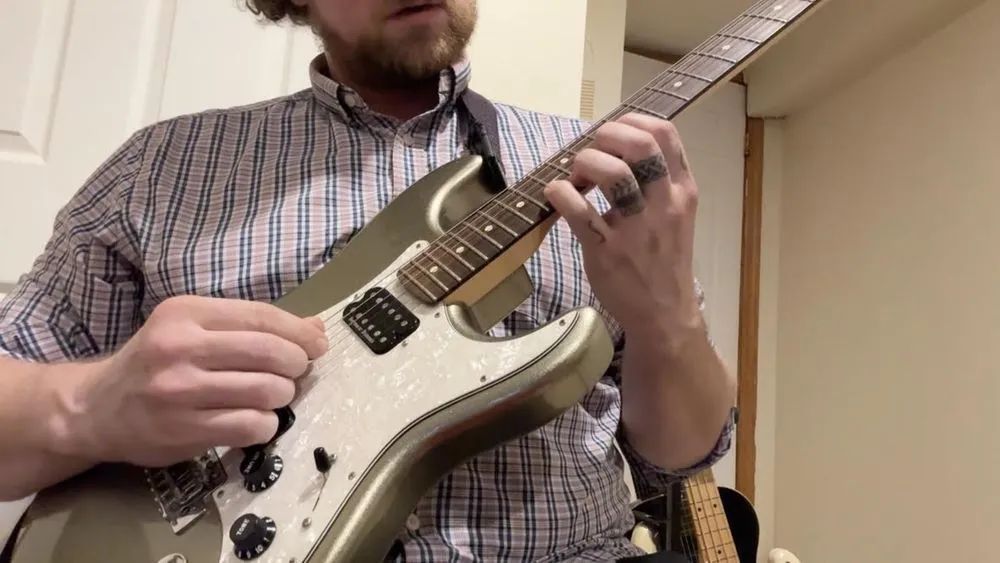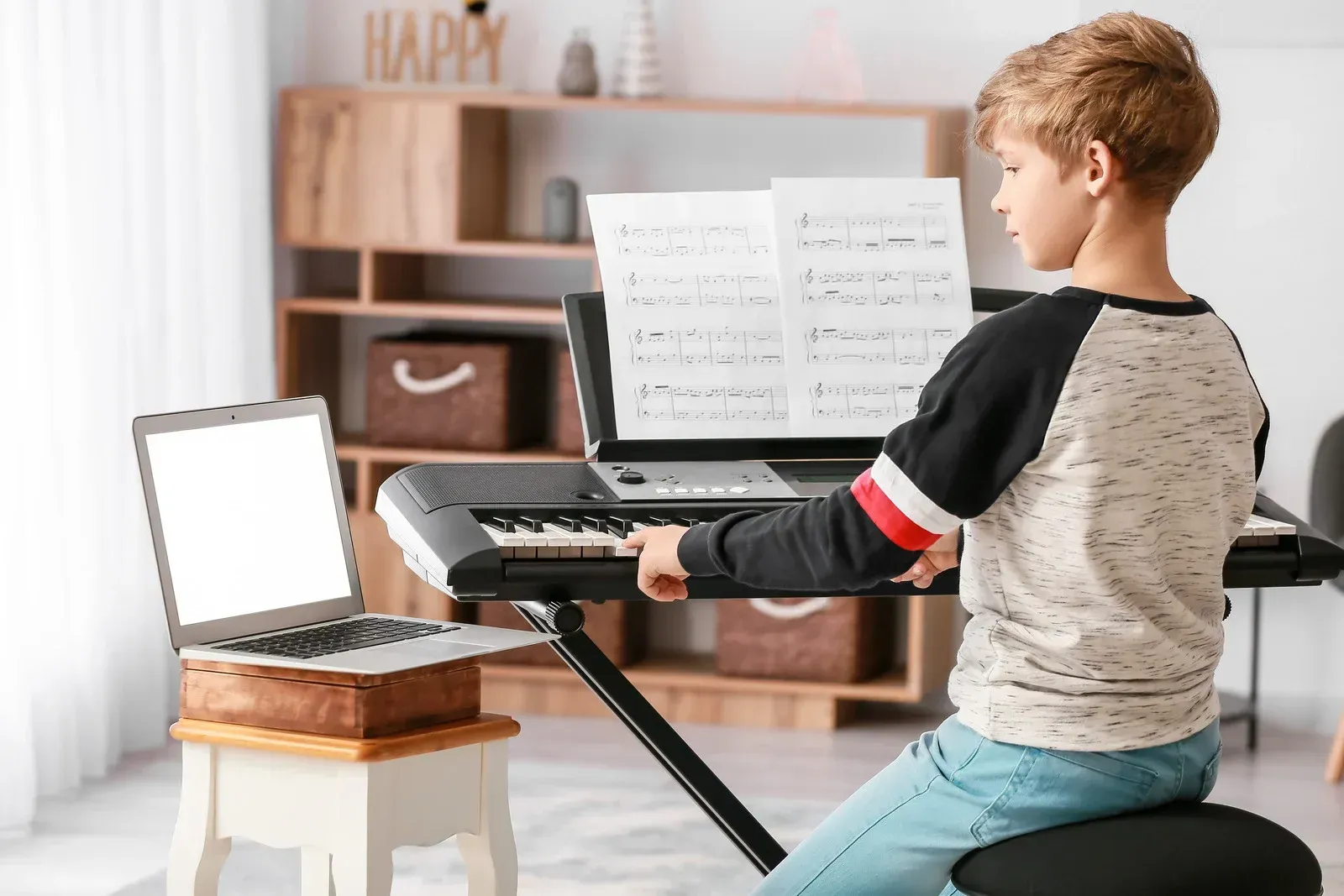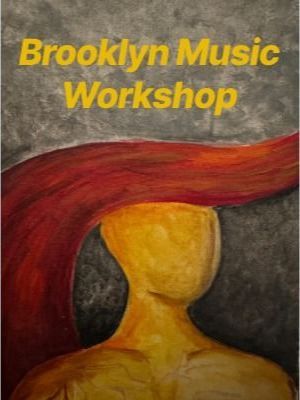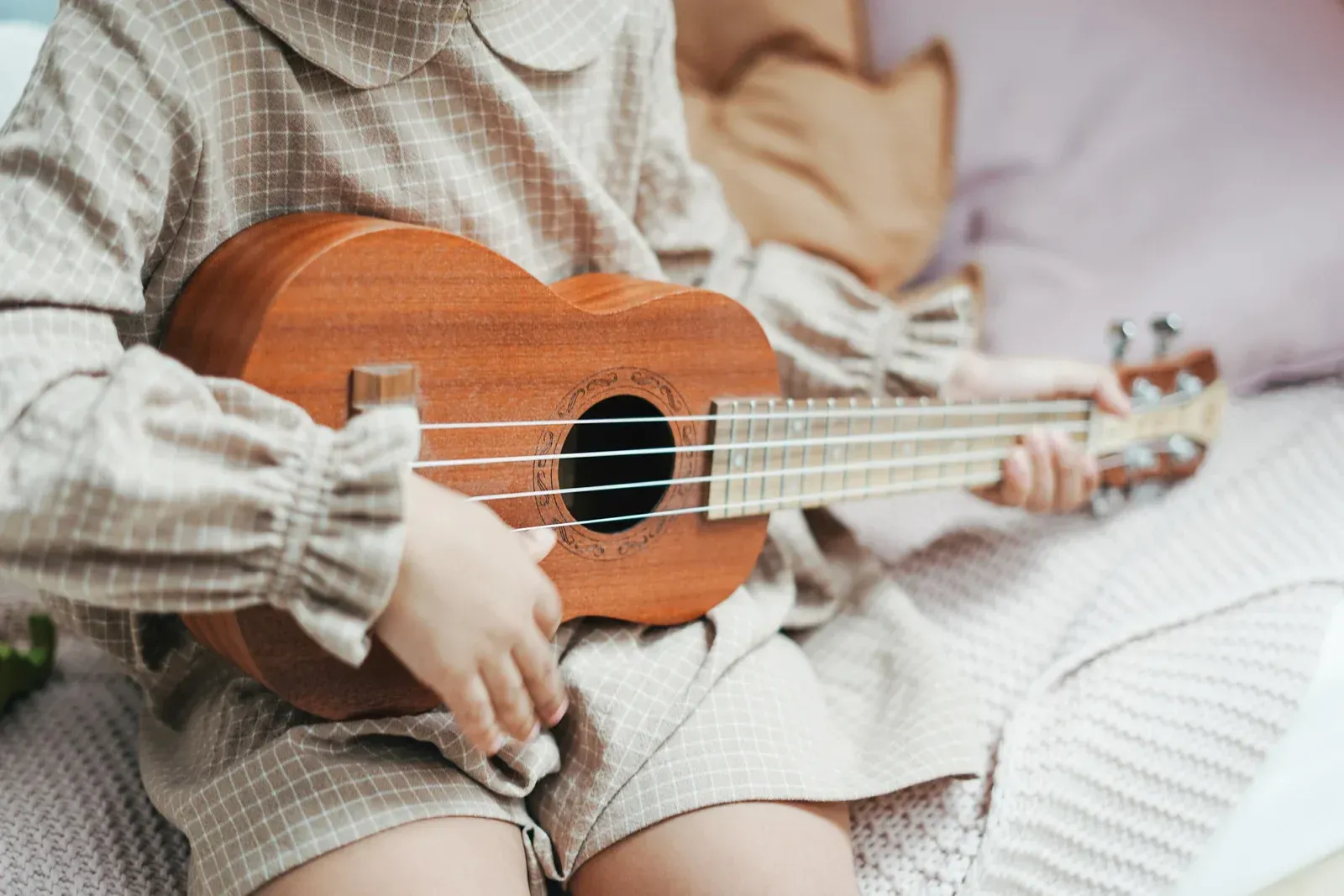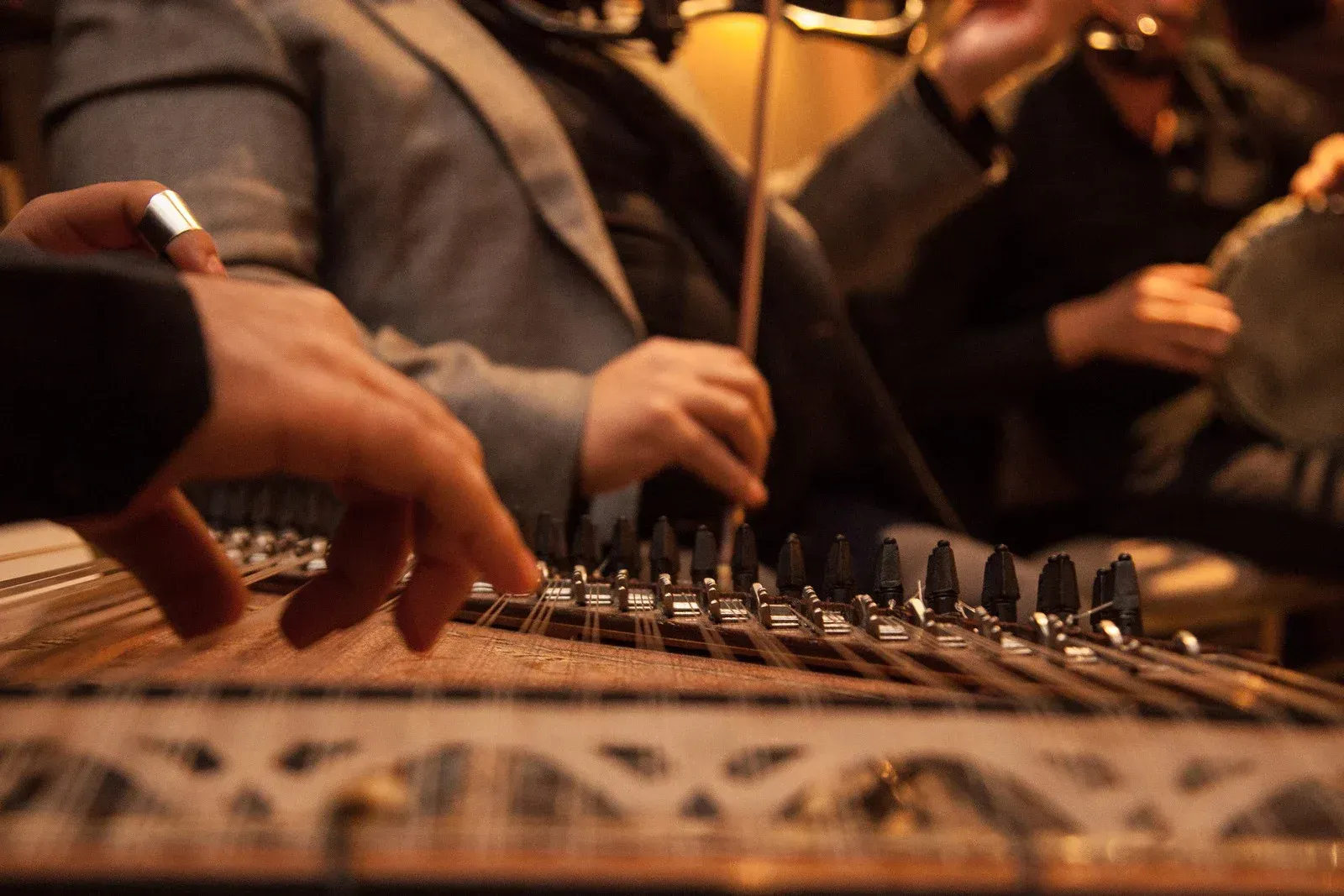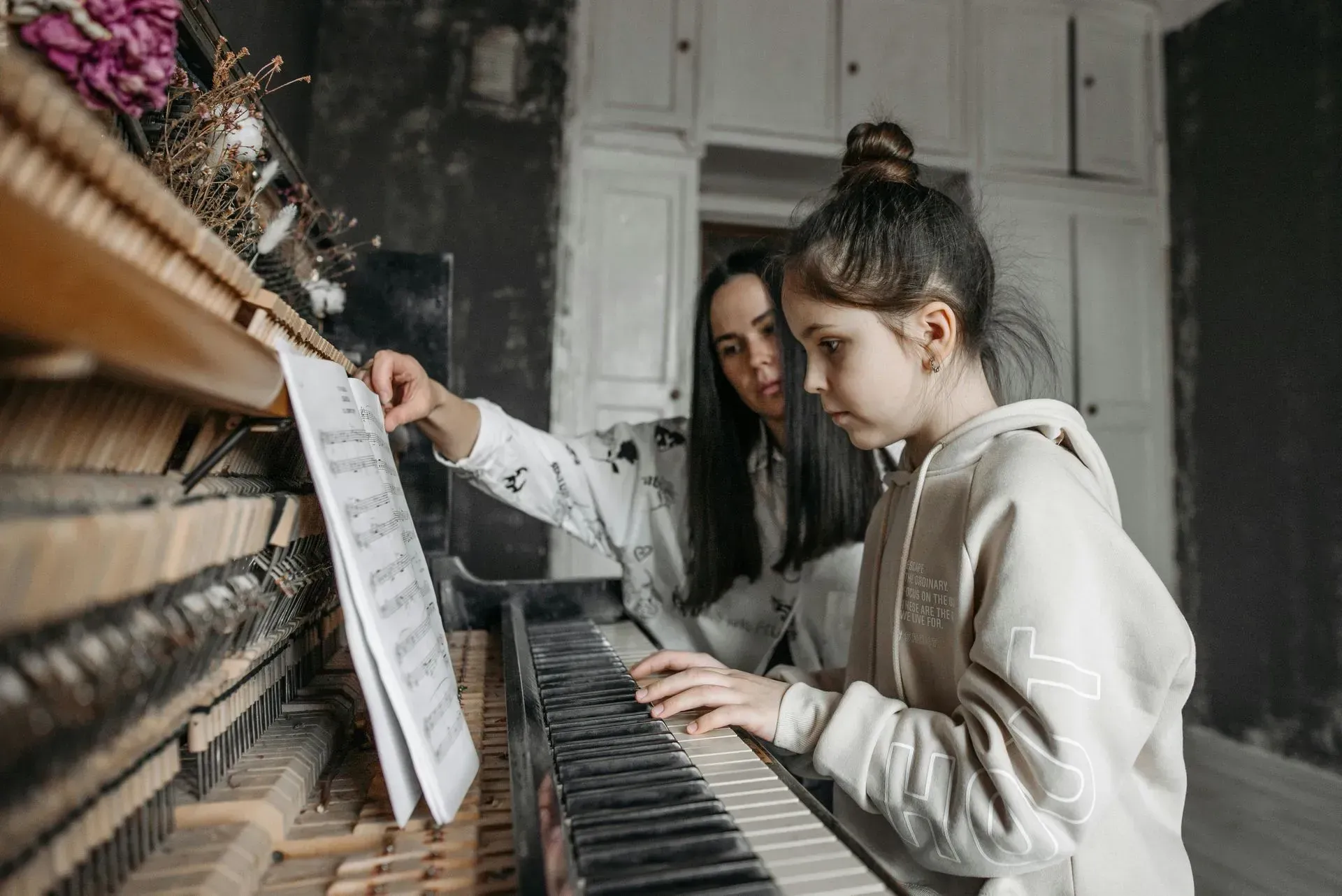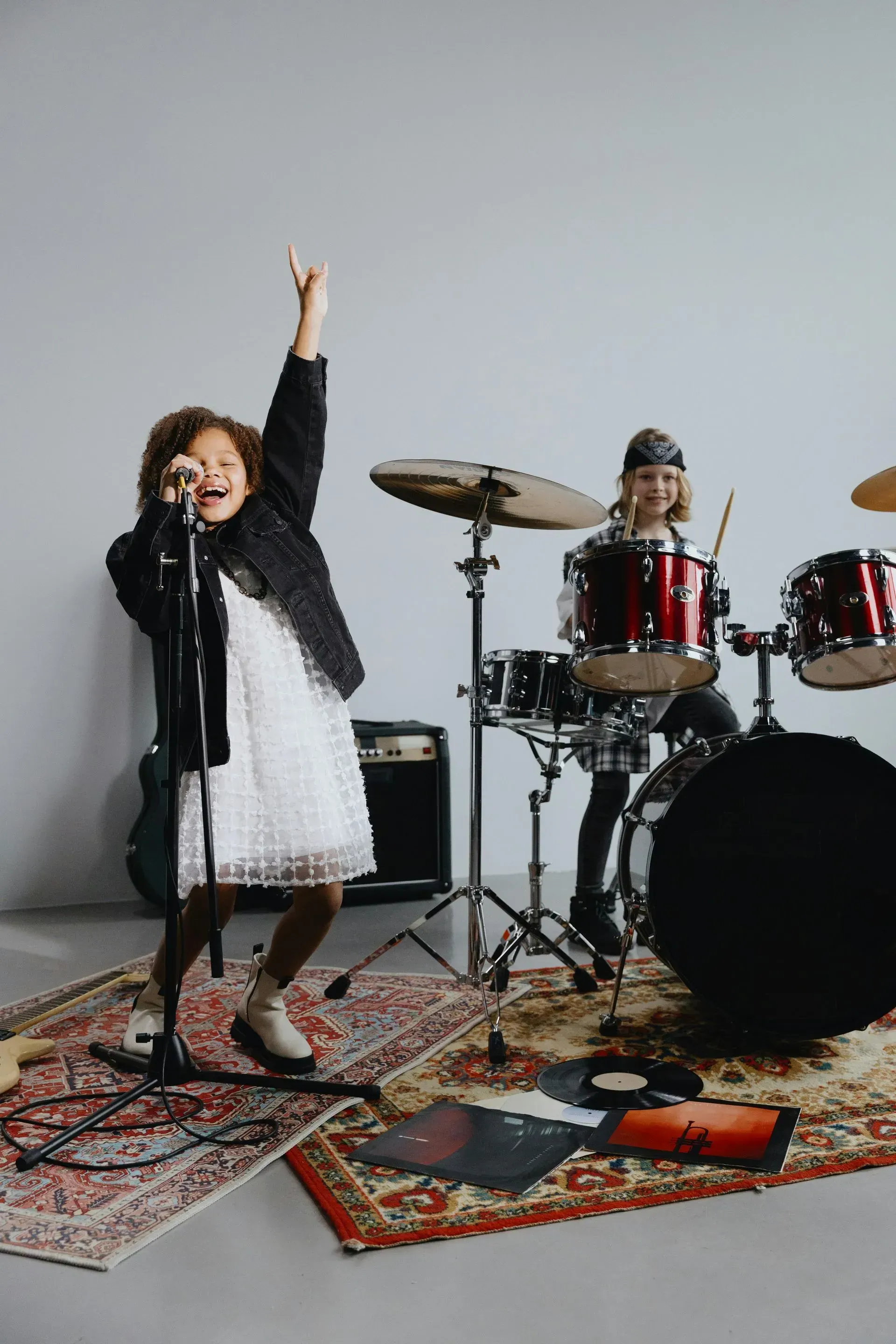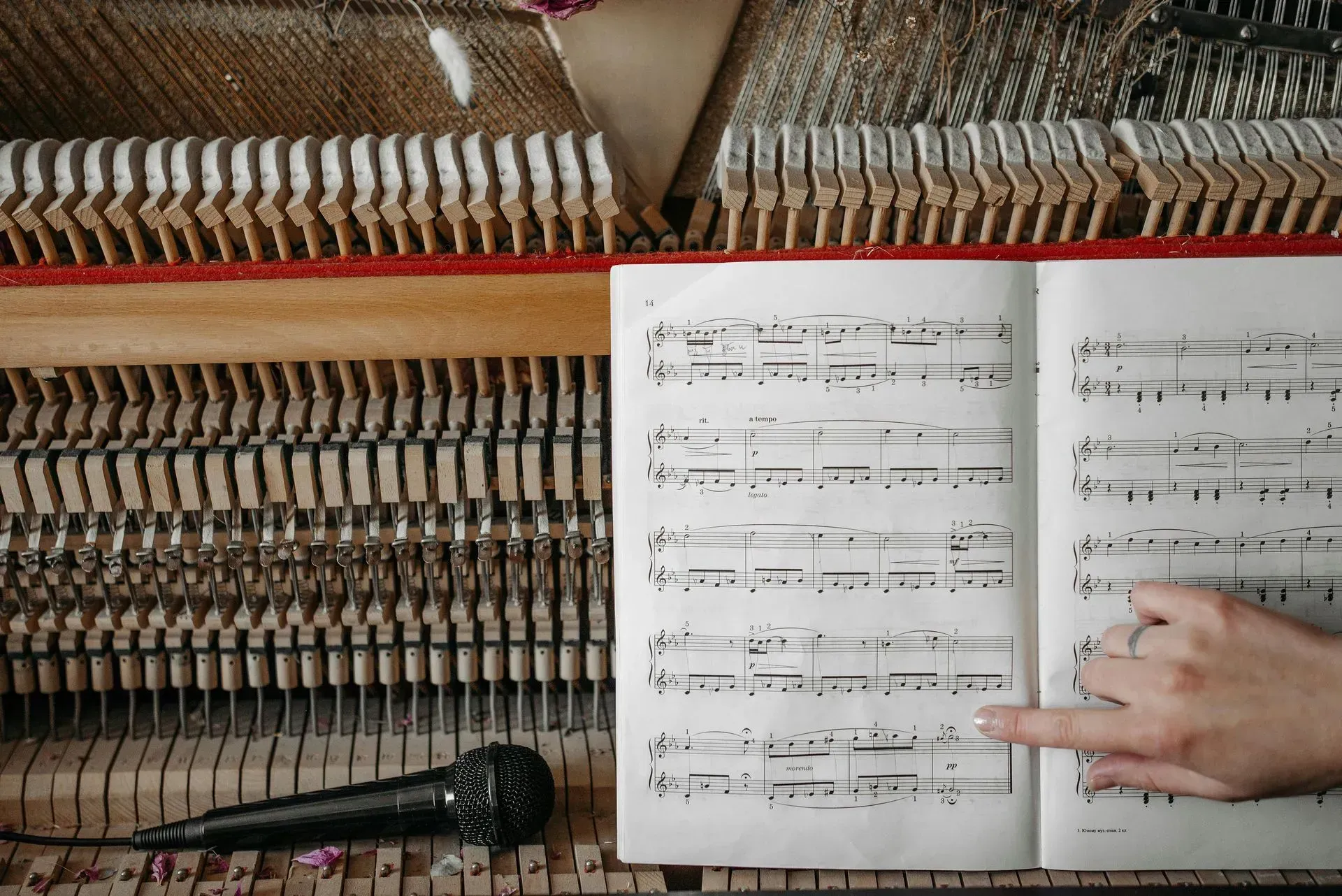Setting SMART Goals for Your Music Practice
If you are a music student, or a parent of a music student, looking for ways to keep the discipline, motivation and progress going in the practice room, then I recommend setting some SMART goals. In case you haven’t heard this acronym, it stands for this:
Specific
Measurable
Achievable
Relevant
Time-bound
This term has been used in the business world since the 1980’s, and can also apply to many different areas in life, specifically in music practice. Let’s dig in a little deeper:
Specific:
Your goal shouldn't be ambiguous like “I want to get better at guitar”. It should be something very specific like “I want to be able to play Sunshine of Your Love along with the track at 100% speed with no mistakes.”
Measurable:
If your goal is specific, you should be able to measure it. What gets measured, gets managed. Sticking with the Sunshine of Your Love example, you can measure your success by playing it in front of a friend/teacher/audience, whatever you like. In that case you’ve either clearly done it or not. You can also measure your progress along the way, like “I can now play it at 75% speed along with the track” or “I can now do it at 100% while only making 5 or so mistakes.”
Achievable:
Keep it realistic. If you’re a complete beginner and your goal is to play an Eddie Van Halen solo within a week, you’re going to be disappointed. If you’re a complete beginner and your goal is to ultimately play an Eddie Van Halen solo, that’s great! Give it a few years of regular practice, and a bunch of smaller SMART goals along the way, and you can get there!
Relevant:
Sticking with the above Eddie Van Halen example, if that is your ultimate goal at all costs, your goals leading up to that moment should be relevant to that topic. This will undoubtedly include a bunch of technique goals involving scales, arpeggios, learning the notes of the guitar etc, as well as learning some simpler songs and eventually easier guitar solos in a similar style along the way.
Time-bound:
Do not skimp on setting dates to achieve your goals! Having a self-imposed deadline is good. Having some accountability, probably from your teacher, but could be from anyone, is even better.
Where to start? Definitely talk to your teacher and develop a plan. If you’re a complete beginner, your first goal should probably be to practice for at least ten minutes a day for a minimum of five days before your next lesson. There you go, it’s specific (5 days of practice), it’s measurable (you can write it down in a journal or spreadsheet), it’s achievable (come on, ten minutes is nothing), it’s relevant in that it’s helping you build the habit of practicing your instrument, and it’s time-bound (you have a week to do it).
Definitely set long-term goals as well as medium and short-term goals. If you’re not sure what they should be, talk to your teacher. Often times coming up with long-term goals is easy for music students, such as “I want to play X song”, or “I want to play a specific solo” or “I want to pass this audition”. It’s the medium and short-term goals that usually trip people up. Here’s why:
Most students overestimate what they can accomplish in one week, and underestimate what they can accomplish in one year. Think about that. Most musical goals can be accomplished (depending on the student, their practice routine, previous experience, and so on) in a year or a matter of a few years if it’s super lofty. But those big lofty goals are great! Just make sure you don’t trick yourself into making them short-term goals. Those should be discussed with your teacher and usually involve a lot of technique work and maybe learning one small part of a song or a solo or something like that.
Get those long-term, medium and short-term goals written down and get to it!!!
